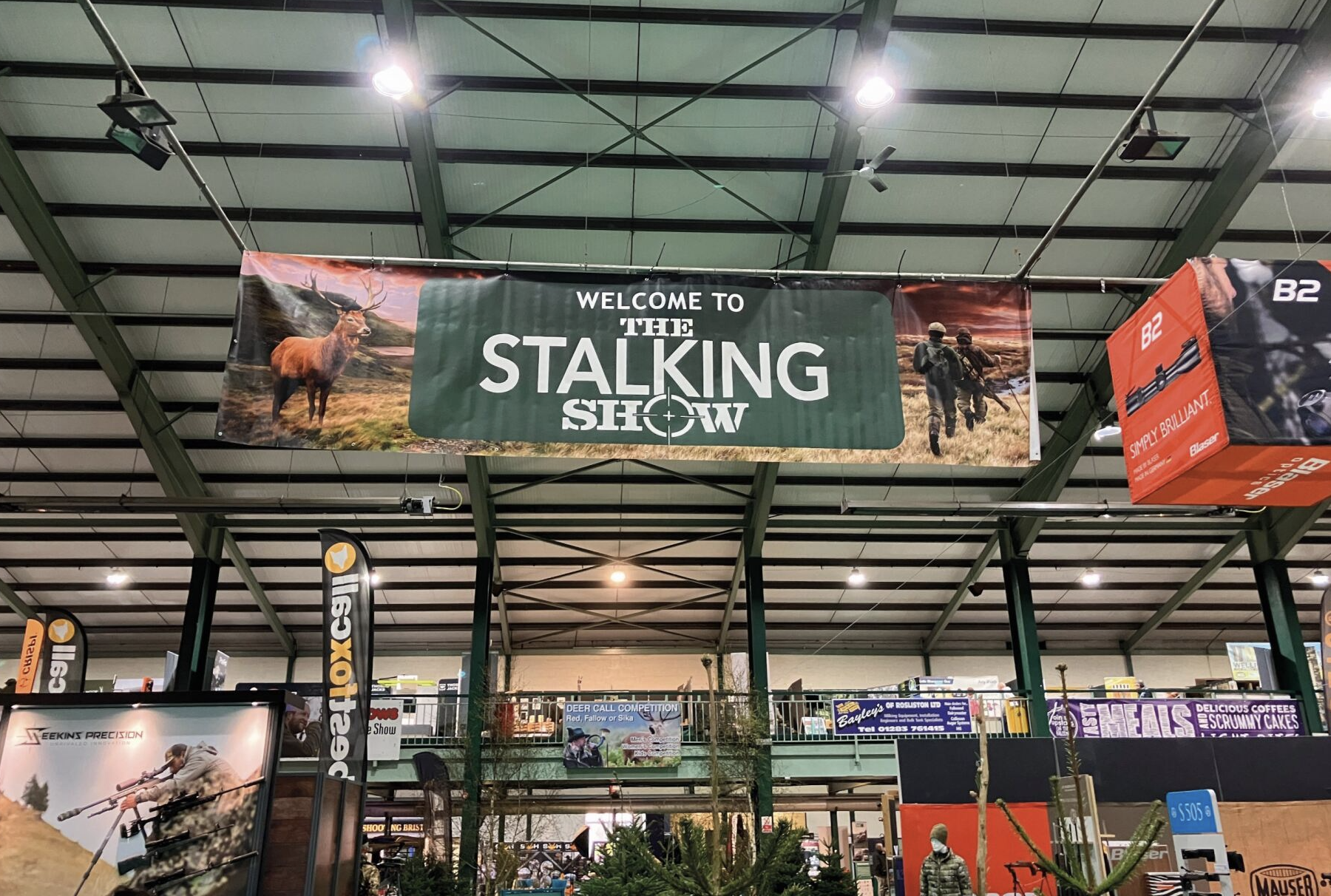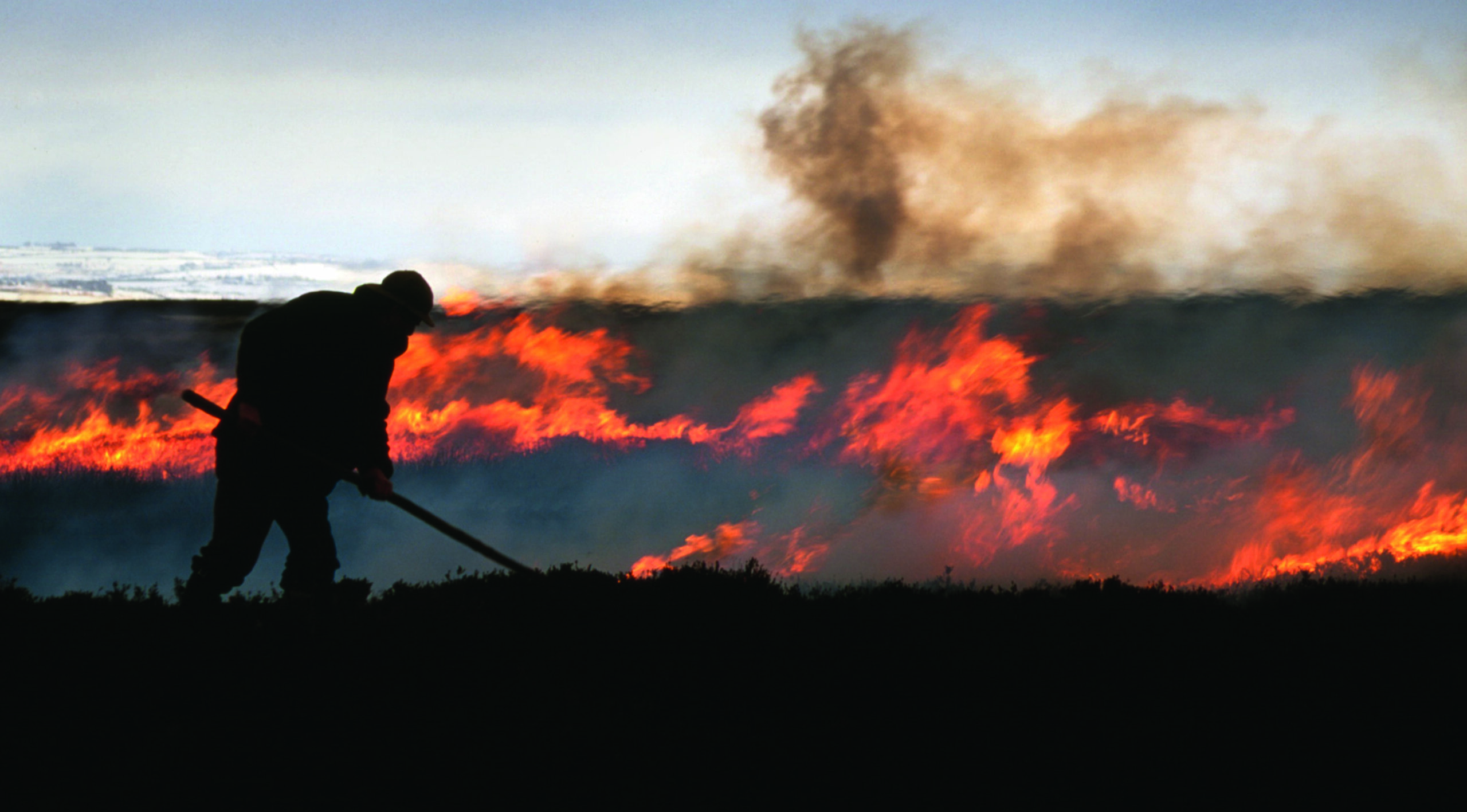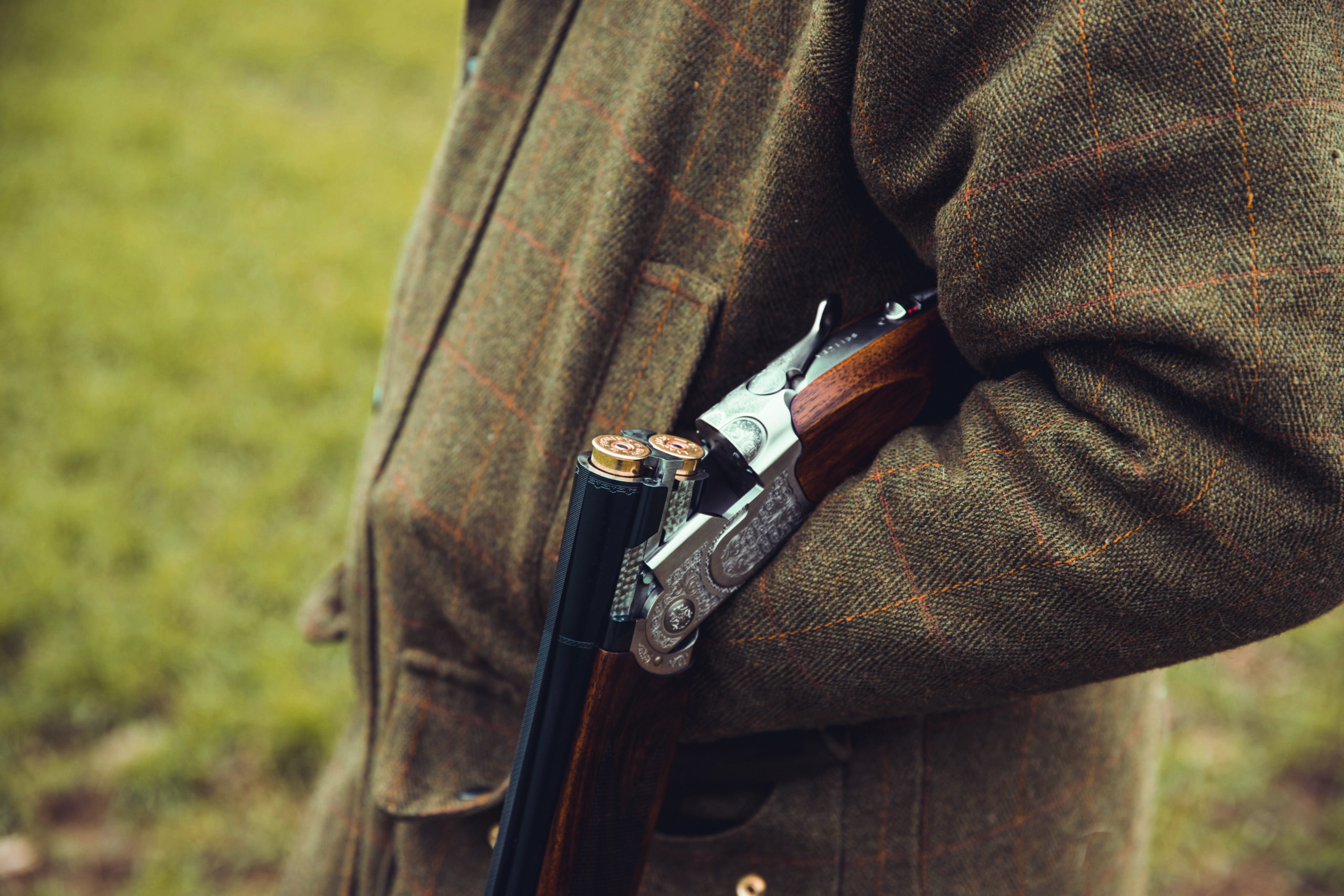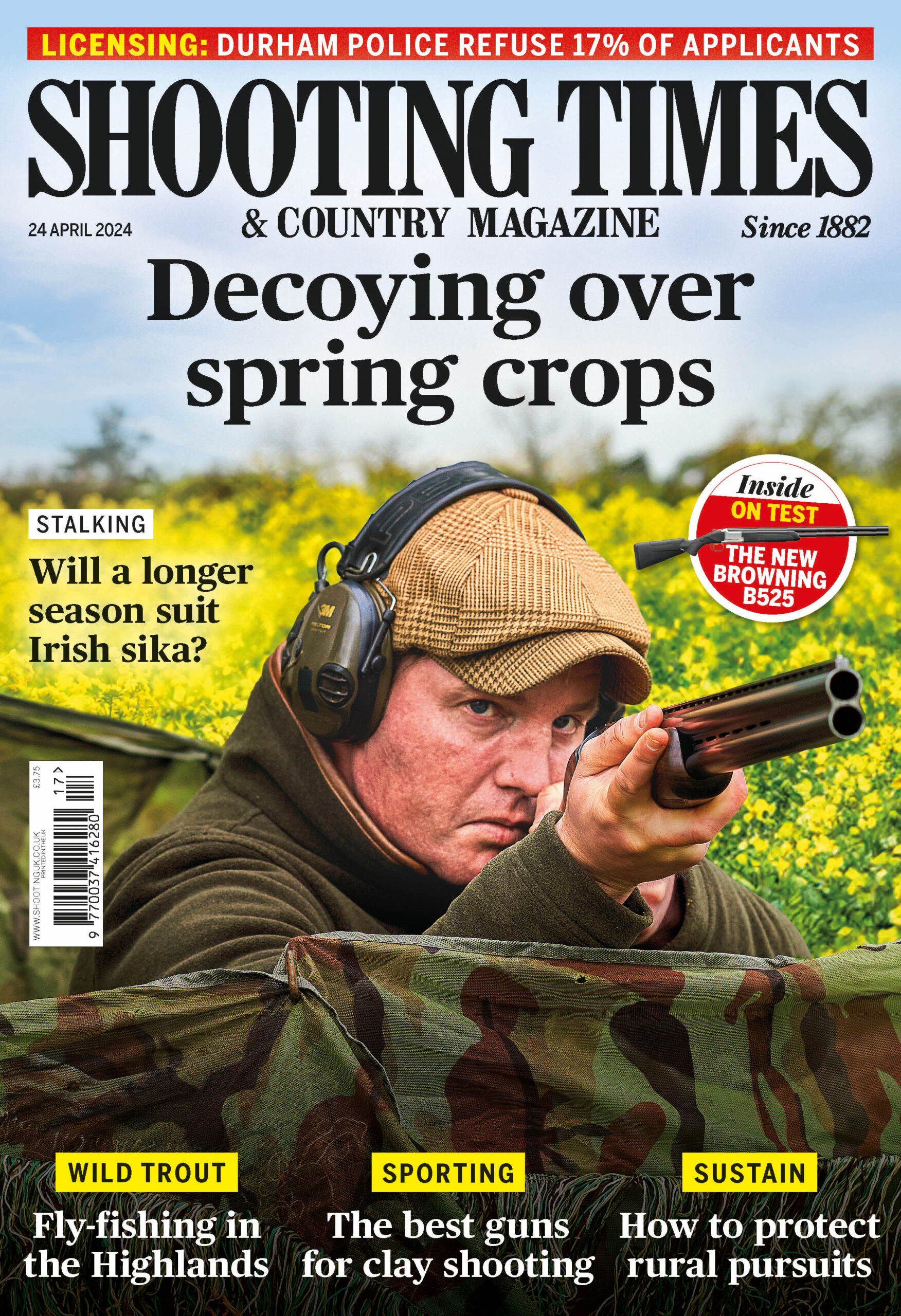Shooting industry urged to check origins of game bird eggs
Shooting industry urged to check origins of its game bird eggs.
The call comes as the Scottish government and the Welsh Assembly government recently launched their own individual consultations on the Draft Code of Practice on the Welfare of Game birds Reared for Sporting Purposes.
Like DEFRA?s draft English code, one of the most contentious areas of the Scottish and Welsh codes is the issue of raised laying cages for producing game bird eggs.
Rather than taking a definitive stance on whether or not to ban their use, the Scottish government and the Welsh Assembly government are, in common with DEFRA, also seeking the public?s view on three options:
(1) Retaining the status quo.
(2) Requiring all raised units to be enriched and banning barren cages.
(3) Banning cages altogether.
Some fear the latter option would include a ban on traditional partridge boxes, though BASC argues it won?t.
At the time of press, a total of 147 MPs had signed Early Day Motion No.507, which calls for an outright ban on the cages in England.
Though the code is not legally binding, failure to follow it could be relied on to establish liability for an offence under the 2006 Animal Welfare Act.
Some game farmers feel the consultation only applies to larger operations using raised laying cages, however.
Nigel McMullan of Angus Game Plus, near Montrose, Angus, rears his 20,000 game birds on grass.
He told Shooting Times magazine: ?Our rearing methods are in keeping with DEFRA?s draft code, so I have not rushed to look at the consultation document. After the shooting season has finished, I will be taking a proper look, but I do not think this affects small-scale game bird rearers like me.?
Joyce Rennie, of Mosston Muir Game Farm, also in Angus, said the consultation presented the industry with a rare opportunity to have a political voice.
She said: ?I have always followed the Game Farmers? Association (GFA) code of practice when rearing my birds, so we welcome the publication of this official code of practice. We do not use raised laying cages, we buy in day-old chicks. I think all game farms in Scotland need to respond to this important consultation.?
Mrs Joyce added: ?I feel that the game farming industry as a whole needs to start taking more responsibility for how eggs are produced in cages.?
The GFA is calling on all game farmers in Scotland and Wales to respond to the consultation.
Chairman, Jonathan Crow, said it is imperative game farmers know the origins of their eggs: ?Whatever the type of rearing system used, it is the responsibility of those buying-in stock as either eggs, chicks or poults to ascertain where they came from and to be sure they can justify doing so. The onus on those who shoot to do the same is just as strong.?
BASC Scotland?s Nicolle Upton noted that very few game farms in Scotland actually use raised laying cages, but insisted game farmers still need to exercise their right to respond to the draft code: ?We are aware of a small number of people in Scotland who have tried raised laying cages and we have had reports back from one individual that the Scottish climate is not suited to this method. However, game farmers in Scotland must still respond to this important consultation.?
She added: ?All game rearers should know where their stock originates, purchase eggs responsibly and ask whether raised laying cages are used to produce pheasant eggs. BASC supports traditional egg production standards, which have served us well for many years.?
The Scottish government?s and Welsh Assembly?s consultations close on the 9th and 16th of April respectively.








